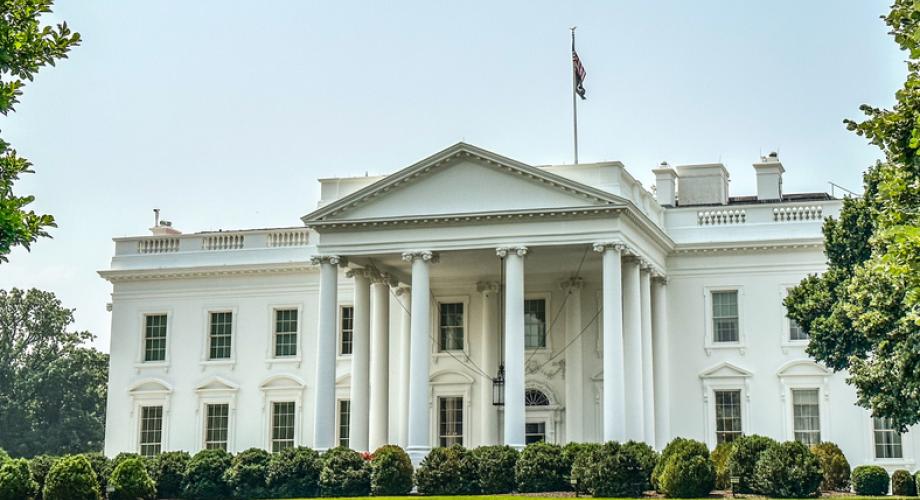On February 29, 2024, the White House announced new actions and reiterated existing agency authorities to create new affordable homes – particularly manufactured housing – and promote fairness and transparency in housing costs for renters. These agency actions span across the federal government—what President Biden calls his “all-of-government” approach to federal policymaking.
Highlights that impact National Apartment Association (NAA) members include:
- Extending the Federal Financing Bank Risk Sharing (FFB Risk Sharing) program indefinitely;
- Streamlining and updating requirements for the HOME program (the U.S. Department of Housing and Urban Development (HUD) will publish a proposed rule in the coming weeks);
- Making available $115 million in funding for the creation and rehabilitation of housing for low-income senior households;
- Releasing Internal Revenue Service (IRS) guidance that clarifies returned low-income housing tax credits that were allocated to disaster areas in 2021 and 2022 can be reallocated for any proposed LIHTC project;
- Releasing HUD resources reiterating the agency’s position that certain fees, such as application and screening fees, are prohibited in its Multifamily, Public Housing and Housing Choice Vouchers/Project Based Vouchers programs;
- Announcing the Department of Defense (DoD) will adopt its Tenant Bill of Rights in all 200 of its bases by the end of the calendar year;
- Providing a new HUD resource highlighting situations in which housing providers may not evict or threaten to evict someone as well as suggested policy recommendations for state governments to reduce evictions, such as good cause (also known as just cause) eviction mandates and increasing access to legal services; and
- Promoting prospective renters’ rights when screened by housing providers in a soon-to-be-published joint fact sheet from Federal Trade Commission (FTC), Consumer Financial Protection Bureau (CFPB), Department of Justice (DOJ) and HUD.
How will this impact the rental housing industry?
NAA is pleased to see efforts that build upon President Biden’s Housing Supply Action Plan. Earlier this month, NAA and more than a dozen diverse stakeholders called on the President to indefinitely extend FFB Risk-Sharing, which has proven to be a productive partnership between the Department of the Treasury and HUD and provides affordable mortgage capital to Housing Finance Agencies (HFAs), which stand on the frontlines of fighting for affordability in America. Read our letter.
However, NAA remains concerned about continued federal interference in the landlord-tenant relationship, like the some of the proposals announced today and in a majority of the agency commitments proposed in the White House Blueprint for a Renters Bill of Rights. Imposing federal landlord-tenant requirements conflicts with lease agreements which are already robustly regulated by states and often makes it confusing for housing providers to understand their compliance responsibilities. This ultimately negatively impacts affordability and availability of quality rental homes for renters.
NAA remains committed to working with the Administration and Congress on responsible and sustainable policy solutions that increase housing at all price points, reduce the upward pressure of rents in currently limited housing supply, and expand quality, affordable rental housing options for renters.
